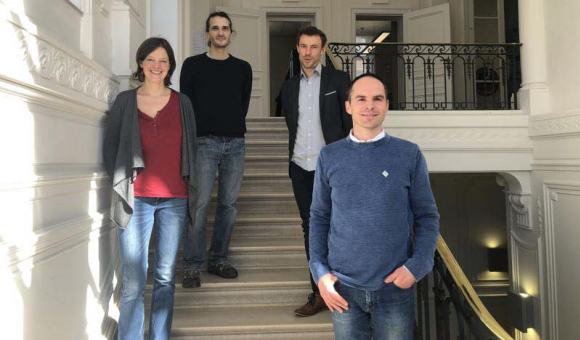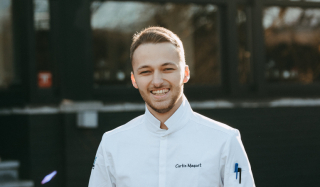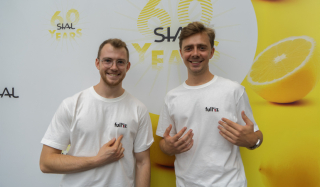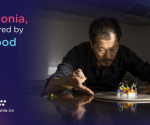
developed a new diagnostic procedure for COVID-19, which should make it possible to increase the number of tests carried out in Belgium immediately. It also opens up new perspectives in the fight against the coronavirus worldwide. The technique removes the need for reagents that are in short supply. It will be used in addition to the technique used by the reference laboratories, which are overloaded by demand.
"The process involves manually extracting the virus's genetic code using a chemical compound, a fume hood and a centrifuge," explained Benoît Muylkens, virologist and director of the Integrated Veterinary Research Unit at UNamur, which made the discovery. "The genetic code is then transformed into DNA, which is amplified; during amplification, a light signal is emitted to indicate whether or not the patient is affected."
"This technique allows a researcher to process an average of 50 samples per day. By involving researchers, we will be able to make a large number of diagnoses," he added.
A reliable result is obtained in less than 24 hours. UNamur alone is capable of delivering 480 diagnoses per day to the reference laboratory of the University of Leuven (KUL). Twelve researchers and twelve logisticians are working in this area. The process should soon be extended to other universities and laboratories, both in Belgium and worldwide. ULB Charleroi, the University of Mons, the GIGA in Liège and the Rega Institute in Leuven have already expressed their interest.
"This is, of course, not the only solution for combatting COVID-19, but we are strengthening the arsenal of weapons we have at our disposal," said Emmanuel André, inter-federal spokesman for COVID-19. "We can therefore be very proud that Belgian researchers were able to react so effectively to the coronavirus problem."
"Initially, this will strengthen our ability to make diagnoses according to the criteria defined today, because we know that demand will increase. Eventually, we can also hope to broaden the criteria," he added.
"Knowing that more than 400 people are going to be tested here in Namur alone opens up new avenues in terms of organising the crisis," said Walloon Health Minister Christie Morreale (PS). "For example, we will be able to diagnose caregivers who are affected. If it is just a cold, we will know within 24 hours and they can continue working."
Source : UNamur et Belga
Contact presse: François NELIS - presse@unamur.be - 0478 66 10 46






